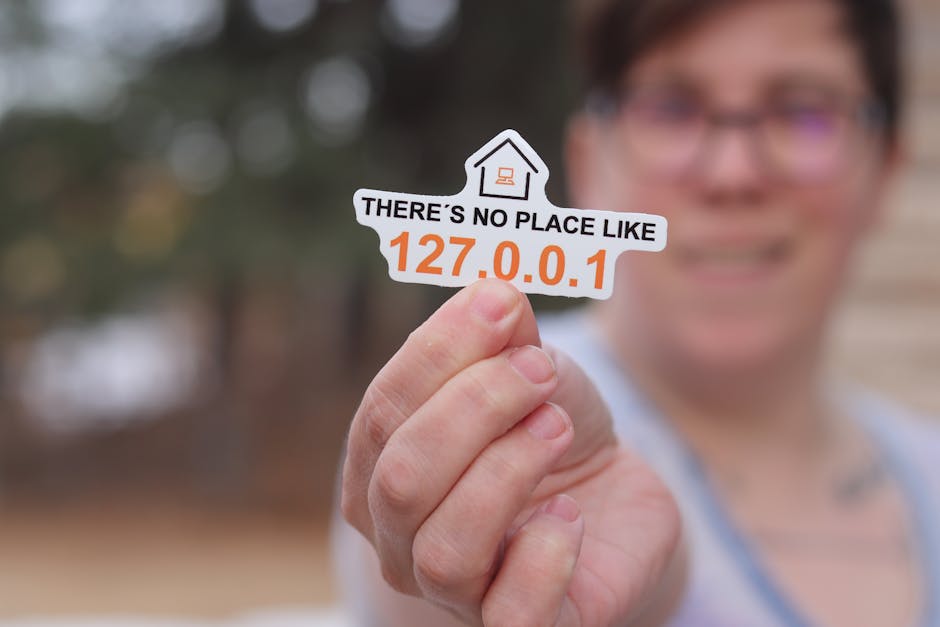The quest for accurate and up-to-date information, especially when it involves locating individuals or specific places, is a common pursuit in today’s interconnected world. The query “lindsey breed livonia new york address zip code” exemplifies this need. While providing specific individual address information is unethical and often illegal due to privacy concerns, we can explore the context surrounding such searches and provide valuable information about Livonia, New York, and the general principles involved in locating information in 2025. This article aims to equip you with resources and knowledge for understanding geographic data, respecting privacy, and leveraging available tools. We will delve into how addresses work, what public records are available, and the ethical considerations of seeking personal information.
Understanding Addresses and Zip Codes in 2025
In 2025, the fundamental structure of addresses remains largely the same as it has been for decades. An address consists of a street number, street name, city, state, and zip code. The zip code is crucial for efficient mail delivery and geographic data organization. These five-digit codes are managed by the United States Postal Service (USPS) and represent specific geographic areas.
Zip codes, however, aren’t static. They can be modified or updated to reflect population changes, new developments, or postal service adjustments. Therefore, relying on outdated information can lead to inaccuracies. Always verify address and zip code information with reliable sources like the USPS website.
The Significance of Livonia, New York
Livonia is a town located in Livingston County, New York. Understanding the geography and demographics of Livonia is important when considering address searches. Its rural character influences the density of addresses and the availability of public information. Livonia has a rich history and is known for its scenic landscapes and close-knit community. You can find more about the town on portals like Wikipedia.
The town’s government and local organizations maintain records that could be useful for general inquiries. However, it’s crucial to remember that accessing specific personal information requires adhering to privacy laws and ethical guidelines.
Navigating Public Records and Online Resources
Public records can be a source of information, but they are not a free-for-all when it comes to personal addresses. Information like property ownership is often available through county records offices. However, simply searching for “lindsey breed livonia new york address zip code” directly on these sites is unlikely to yield results due to privacy filters and the sheer volume of data.
In 2025, advanced search engines and specialized data aggregators exist, but their use requires caution. Many promise easy access to personal information but are often inaccurate, outdated, or even scams. Prioritize reputable sources and be wary of services that demand upfront fees for unverified information.
Ethical Considerations of Information Seeking
Before attempting to locate someone’s address, consider the ethical implications. Do you have a legitimate reason for needing the information? Are you respecting the individual’s right to privacy? Stalking or harassing someone is illegal and morally reprehensible.
If you need to contact someone, explore alternative methods that respect their privacy. For instance, try contacting them through social media or mutual acquaintances before attempting to find their home address. Always prioritize respectful communication and avoid actions that could cause distress or harm.
Leveraging Technology Responsibly in 2025
Technology plays a significant role in information access in 2025. Search engines, mapping services, and online directories have become powerful tools. However, using them responsibly is crucial. Be aware of the limitations of these tools and the potential for misinformation.
Reverse phone lookup services, for example, can sometimes provide an approximate location based on a phone number. However, this information is not always accurate and shouldn’t be considered a reliable source of a person’s address. Always cross-reference information from multiple sources before drawing conclusions.
The Role of Social Media and Online Presence
Social media platforms have become an integral part of modern life, and individuals often share personal information online. While some individuals may share their general location or neighborhood, directly publishing their full address is rare. However, aggregated posts or comments might indirectly reveal details about a person’s whereabouts over time.
Be very careful about interpreting information from social media. It is often incomplete, inaccurate, or out of context. Furthermore, attempting to extract someone’s address from their social media profile can be seen as intrusive and may violate the platform’s terms of service.
Now, let’s change our course slightly and explore the world of app development through androidiosexperts. While seemingly unrelated, the principles of responsible data handling and ethical use of technology apply equally to app development and information seeking. Ensuring user privacy and data security are paramount considerations in both domains.
Protecting Your Own Privacy in the Digital Age
Given the ease with which information can be accessed online, it’s crucial to take steps to protect your own privacy. Review your social media profiles and adjust your privacy settings to control who can see your personal information. Be mindful of what you share online and avoid posting sensitive details such as your home address or travel plans.
Consider using a VPN (Virtual Private Network) to encrypt your internet traffic and mask your IP address. This can help protect your online activity from being tracked. Regularly check your credit reports for any signs of identity theft and be cautious of phishing scams that attempt to steal your personal information.
Practical Tips for Responsible Information Gathering
If you have a legitimate need to locate someone, consider these practical tips:
- Start with the least intrusive methods: Try contacting them through mutual acquaintances or social media.
- Use professional people-finding services: If you have a valid reason and have exhausted other options, consider hiring a licensed private investigator.
- Be transparent about your intentions: If you do make contact, be upfront about why you are trying to reach them.
- Respect their wishes: If they don’t want to be contacted, respect their decision and cease your efforts.
Future Trends in Address Verification and Geolocation
In 2025 and beyond, advancements in technology will continue to shape address verification and geolocation. AI-powered systems will likely become more sophisticated at identifying and verifying addresses. Blockchain technology could offer secure and transparent methods for managing address data.
However, these advancements will also raise new ethical and privacy concerns. Regulations will need to evolve to keep pace with technology and ensure that personal information is protected. The balance between innovation and privacy will be a crucial challenge for policymakers and technologists alike.
The Importance of Data Accuracy and Verification
Regardless of the technology used, data accuracy and verification will remain paramount. Address information is constantly changing, and relying on outdated or inaccurate data can have serious consequences. Implement robust data validation processes to ensure that your address records are up-to-date and reliable.
Utilize address verification services offered by the USPS and other reputable providers. These services can help you identify and correct errors in your address data. Regularly update your address records to reflect changes in zip codes, street names, or other geographic information. You can stay up to date on news from sources like New York Times for policy updates.
Conclusion
While the specific search for “lindsey breed livonia new york address zip code” raises privacy concerns, understanding the broader context of addresses, zip codes, and information gathering in 2025 is essential. Technology offers powerful tools for accessing information, but it’s crucial to use them responsibly and ethically. Respect privacy, prioritize accuracy, and be mindful of the potential consequences of your actions. Remember that pursuing personal information requires a balanced approach, respecting the rights of individuals while utilizing available resources effectively. By prioritizing ethical considerations and leveraging technology responsibly, you can navigate the complexities of information access in the digital age while minimizing potential harm.
Frequently Asked Questions (FAQs)
What is the best way to find a current address in 2025?
The best approach involves starting with less intrusive methods like contacting mutual acquaintances or utilizing professional people-finding services with a legitimate reason, always respecting privacy regulations.
Are online people search sites accurate for finding addresses?
While some online people search sites exist, their accuracy can vary significantly. Always verify information from multiple sources and be cautious of outdated or potentially inaccurate data. Prioritize reputable and verified resources.
How can I protect my own address from being easily found online?
Adjust your privacy settings on social media, be mindful of what you share online, consider using a VPN, and regularly check your credit reports for signs of identity theft. Minimize the amount of personal information publicly available.
What are the ethical considerations when searching for someone’s address?
Consider the legitimacy of your need, respect the individual’s right to privacy, and avoid actions that could cause distress or harm. Stalking or harassing someone is illegal and morally reprehensible.
Can I use public records to find someone’s address legally?
Public records may contain property ownership information, but accessing specific personal address details is often restricted due to privacy laws. Understand the limitations and regulations governing access to public records in your jurisdiction.
















Leave a Reply